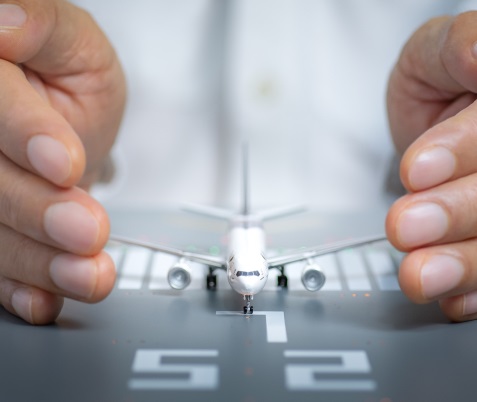Flight attendant careers combine customer service skills with a passion for travel. You’ll have the chance to visit diverse destinations, meet people from different cultures, and enjoy unique work environments. This dynamic profession requires adaptability, strong communication abilities, and a commitment to safety.
If you’re considering this career path, you’ll find numerous airlines offering flight attendant positions. Southwest Airlines, American Airlines, and United Airlines are just some of the well-known examples of companies seeking talented individuals to join their crews. Each airline also offers its own unique benefits, training programs, and opportunities for career growth.
Path to Becoming a Flight Attendant
Educational Requirements
To become a flight attendant, you typically need a high school diploma or equivalent. Some airlines prefer candidates with a college degree, but it’s not always mandatory. Formal training is necessary, though most of it is provided by the airline after hiring.
Necessary Skills and Qualities
- Excellent communication abilities
- Strong customer service orientation
- Ability to remain calm under pressure
- Physical stamina and flexibility
- Teamwork and collaboration skills
Certification and Training
- FAA-mandated safety and emergency procedures
- First aid and CPR certification
- Customer service techniques
- Aircraft-specific training
The training period usually lasts 3-6 weeks and is often conducted at the airline’s flight training center. Upon completion, you’ll need to pass the FAA certification exam to receive your Certificate of Demonstrated Proficiency. You’ll also be required to maintain your certification through regular training and assessments throughout your career.
| Quick Facts: Flight Attendants | |
|---|---|
| 2023 Median Pay ?The wage at which half of the workers in the occupation earned more than that amount and half earned less. Median wage data are from the BLS Occupational Employment and Wage Statistics survey. In May 2023, the median annual wage for all workers was $48,060. | $68,370 per year |
| Typical Entry-Level Education ?Typical level of education that most workers need to enter this occupation. | High school diploma or equivalent |
| Work Experience in a Related Occupation ?Work experience that is commonly considered necessary by employers, or is a commonly accepted substitute for more formal types of training or education. | Less than 5 years |
| On-the-job Training ?Additional training needed (postemployment) to attain competency in the skills needed in this occupation. | Moderate-term on-the-job training |
| Number of Jobs, 2023 ?The employment, or size, of this occupation in 2023, which is the base year of the 2023-33 employment projections. | 130,300 |
| Job Outlook, 2023-33 ?The projected percent change in employment from 2023 to 2033. The average growth rate for all occupations is 4 percent. | 10% (Much faster than average) |
| Employment Change, 2023-33 ?The projected numeric change in employment from 2023 to 2033. | 12,900 |
Career Progression and Development
Entry-Level Experience
Gaining experience in various flight routes and aircraft types will help build your versatility. You may handle domestic flights before moving on to international routes. This period allows you to develop confidence in your role and adapt to the unique challenges of air travel. You may also find yourself transitioning into new types of roles after gaining experience in the air.
Advancement Opportunities
As you gain experience, several career paths are available. You can progress to senior flight attendant or purser roles, overseeing cabin crews on larger aircraft. These positions involve additional responsibilities and often come with pay increases.
Management roles like Flight Attendant Manager or Base Manager are available for those interested in leadership. These positions involve crew scheduling, training, and ensuring smooth flight operations.
- Safety Instructor
- Recruitment Specialist
- Inflight Service Trainer
Continuing Education and Professional Development
- Leadership Courses
- Foreign Language Classes
- Customer Service Workshops
- Safety and Security Updates



